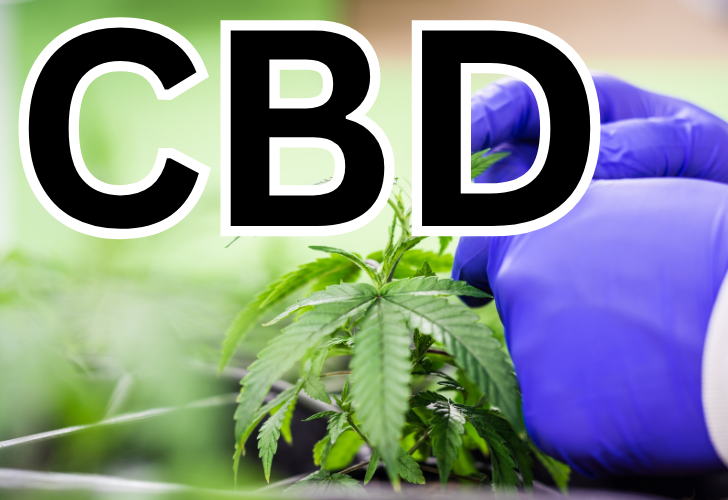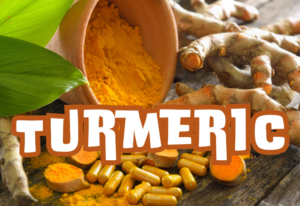
CBD: What Is CBD Oil?
Ever wondered what is CBD and what it can do for you? Well, let’s break it down in simple terms.
Cannabidiol, or CBD for short, is a naturally occurring ingredient present in marijuana, also called cannabis. CBD does not have tetrahydrocannabinol, the ingredient that makes you feel high. CBD doesn’t make you feel “high.” Rather, it interacts with your body to maybe improve happiness, sleep, and other aspects of your life.
CBD is derived from the cannabis plant, which is just one of the 100 different components found in the plant. The sticky-like CBD resin is found in the buds or flowers of the cannabis plant.
Trichomes are tiny mushroom-like structures that cover the flowers of the cannabis plant. These trichomes have the function of protecting the skin from UV rays and extreme heat. These trichomes have glands and are loaded with potent medicinal substances like THC, CBD, and scented terpenes. Additionally, trichomes have qualities that shield the plant from insects, fungi, and bacteria.
CBD does not make you "High"
A common misperception regarding CBD is that it gets you high. This is completely false and discourages a lot of people. The component that makes you high is THC which is not CBD.
Another misconception about CBD is that it is addictive. CBD is not addictive. It is not same as smoking weed.
What is CBD Oil?
Raw CBD is diluted with a carrier oil like olive oil, coconut oil, or hemp seed oil. The end product is a concentrated liquid with all of CBD’s health benefits.
There are several ways to consume CBD oil, such as tinctures, pills, sweets, and topicals. People select the form that best suits their wants and tastes from among those that each have distinctive qualities.
CBD Oil Benefits
- Less Pain: CBD helps in alleviating chronic pain simply by influencing endocannabinoid receptor activity and reducing inflammation.
- Calm Vibes: CBD might have anti-anxiety and antidepressant effects, potentially influencing serotonin receptors in the brain.
- Good for Your Brain: It shields your brain from harm, particularly in cases of epilepsy. CBD’s interaction with the endocannabinoid system may offer neuroprotective benefits, possibly assisting in conditions like epilepsy and multiple sclerosis.
- Cancer Therapy: Some people utilize cancer support to manage the side effects of cancer therapy. It helps alleviate symptoms associated with cancer and the side effects of cancer treatment, such as nausea and pain.
- Heart: CBD may have cardiovascular benefits, including reducing your blood pressure, which in turn reduces the risk of certain heart conditions.
How to Consume CBD?
As you like it, Yes True. There are numerous ways to consume CBD, such as oils, extracts, pills, vape pens, patches, and topical skin preparations. For those seeking relief from inflammation and pain in their muscles and joints, a topical CBD-infused oil, lotion, or cream—or even a bath bomb—might be your best bet. As an alternative, CBD can enter the bloodstream straight through a CBC patch, tincture, or spray that is intended to be applied under the tongue.
About +PlusCBD: Just four ingredients: CBD-rich hemp extract, extra virgin olive oil as the carrier, carrageenan, sorbitol, and in a vegetarian softgel capsule. Perfect for sensitive palates or sensitive stomachs.
EU Certified hemp seeds, Non-GMO, Vegetarian, Gluten-Free and Third Party Tested.
CBD Oil Side Effects
Is CBD Oil Legal?
-
Dry Mouth: CBD has the potential to reduce salivation, which might cause a dry mouth.
-
Diarrhea: Consuming CBD has occasionally been linked to gastrointestinal problems, such as diarrhea.
-
Fatigue: At larger dosages, CBD may cause symptoms of fatigue or drowsiness.
-
Changes in Appetite: A person’s appetite may fluctuate, either rising or falling.
-
Addiction: According to a Harvard study, CBD can help lower cravings for tobacco and heroin under certain conditions and also help lessen cravings for alcohol, cannabis, opiates, and stimulants.
-
Certain Abnormalities When Taken in High Doses: People taking high doses of CDB may show abnormalities in liver related blood tests.
The legal standing of CBD is not fixed and differs across different countries. For instance, the 2018 Farm Bill in the US authorized the production and distribution of CBD products made from hemp that have less than 0.3% THC. Local laws must be understood, though, as state laws might still vary from one another. The legality of CBD products varies among other countries, some of which embrace its potential therapeutic uses and others of which uphold stronger rules.
To guarantee conformity with local laws, it’s imperative to learn about and comprehend the legal environment in your particular area before acquiring or using CBD.
As per Harvard Study: Outside of the US, multiple sclerosis-related muscle stiffness and cancer pain are approved uses for the prescription medication Sativex, which contains CBD as an active component. In the United States, some forms of epilepsy and tuberous sclerosis are approved uses of Epidiolex.





